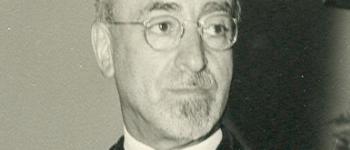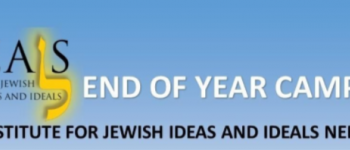Rabbi Hayyim Angel shares some thoughts on this week's Torah portion.
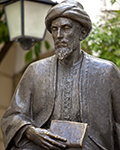
Welcome to the Institute for Jewish Ideas & Ideals
The Institute for Jewish Ideas and Ideals offers a vision of Orthodox Judaism that is intellectually sound, spiritually compelling, and emotionally satisfying. Based on an unwavering commitment to the Torah tradition and to the Jewish people, it fosters an appreciation of legitimate diversity within Orthodoxy.
YouTube
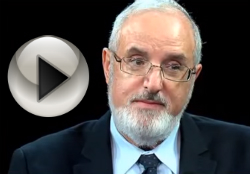
Rabbi Marc D. Angel answers your questions on our YouTube channel!
The IDEAS Campaign

Please support our IDEAS campaign and be our partners in creating a dynamic and compassionate Orthodoxy. Contribute now! Supporters are featured on our online Scroll of Honor.
Conversations
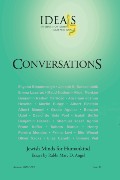
Find out more about Conversations, the Institute's print journal, including how to get your copy. You can also review our Article Title or Author index.
We remind ourselves: we are Yisrael. We face struggles…but we prevail. We muster the physical strength to ward off enemy attacks; we draw on our spiritual strength to overcome ideological opponents.
Rabbi Dr. David de Sola Pool (May 16, 1885-December 1, 1970) was the foremost Sephardic rabbi in the United States during the middle decades of the 20th century. While scholars can list his many accomplishments and publications, the distinctive religious worldview that animated Dr. Pool’s life has remained relatively unexplored.
Rather than serving primarily as an ethnic description, the Chosen People concept is deeply rooted in religious ethics. It contains a universalistic message that belongs to the community of nations. All are descendants from Adam and Eve, created in God’s Image.
THE INSTITUTE FOR JEWISH IDEAS AND IDEALS NEEDS YOU!
Thank you for your support and encouragement. You have helped the Institute in its work to foster an intellectually vibrant, compassionate and inclusive Orthodox Judaism. Please support our End of Year Campaign.
We tend to think of our religious commitments as being built on a concrete foundation. Every perceived crack raises a fear that the entire edifice might collapse. But we can view our commitments as a boat, held aloft by the surging waters of a river that are continually rising and falling, but always, in aggregate, carrying the boat forward, downstream toward the sea.





